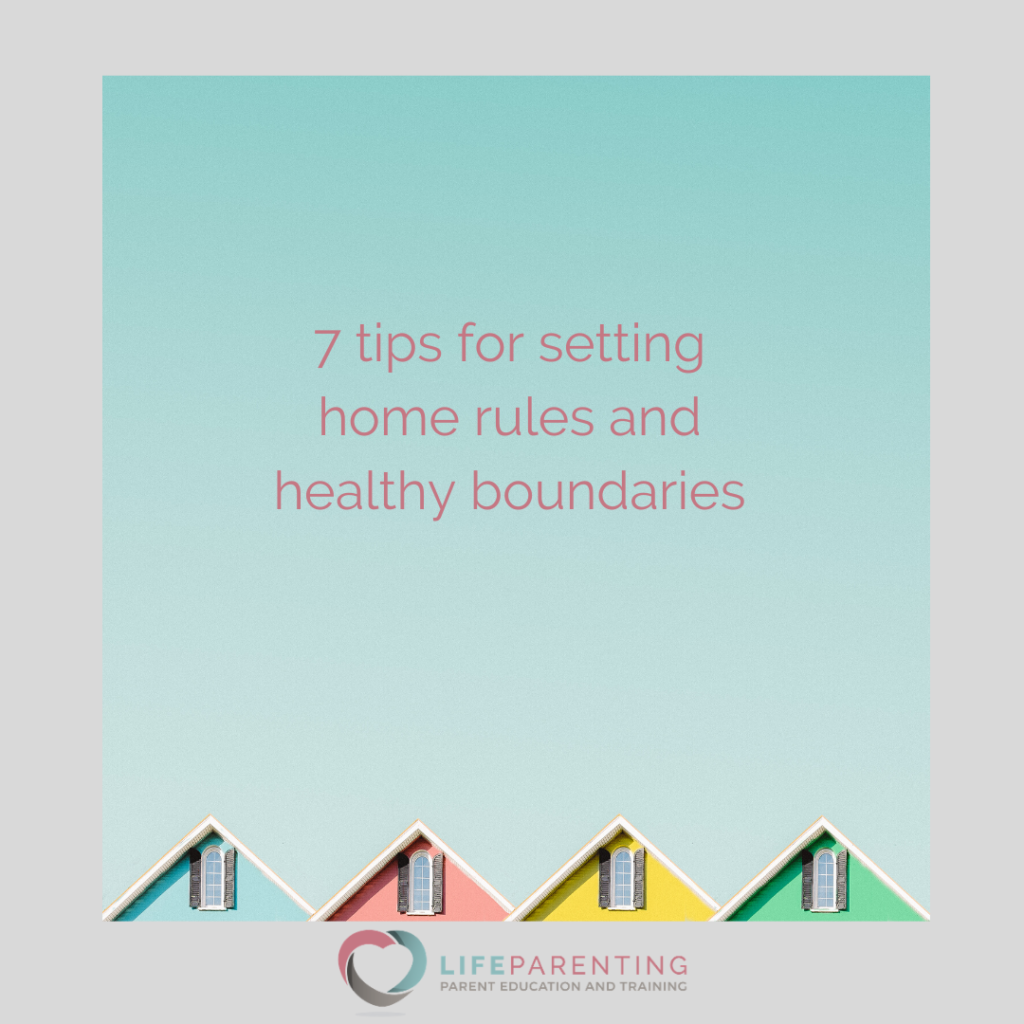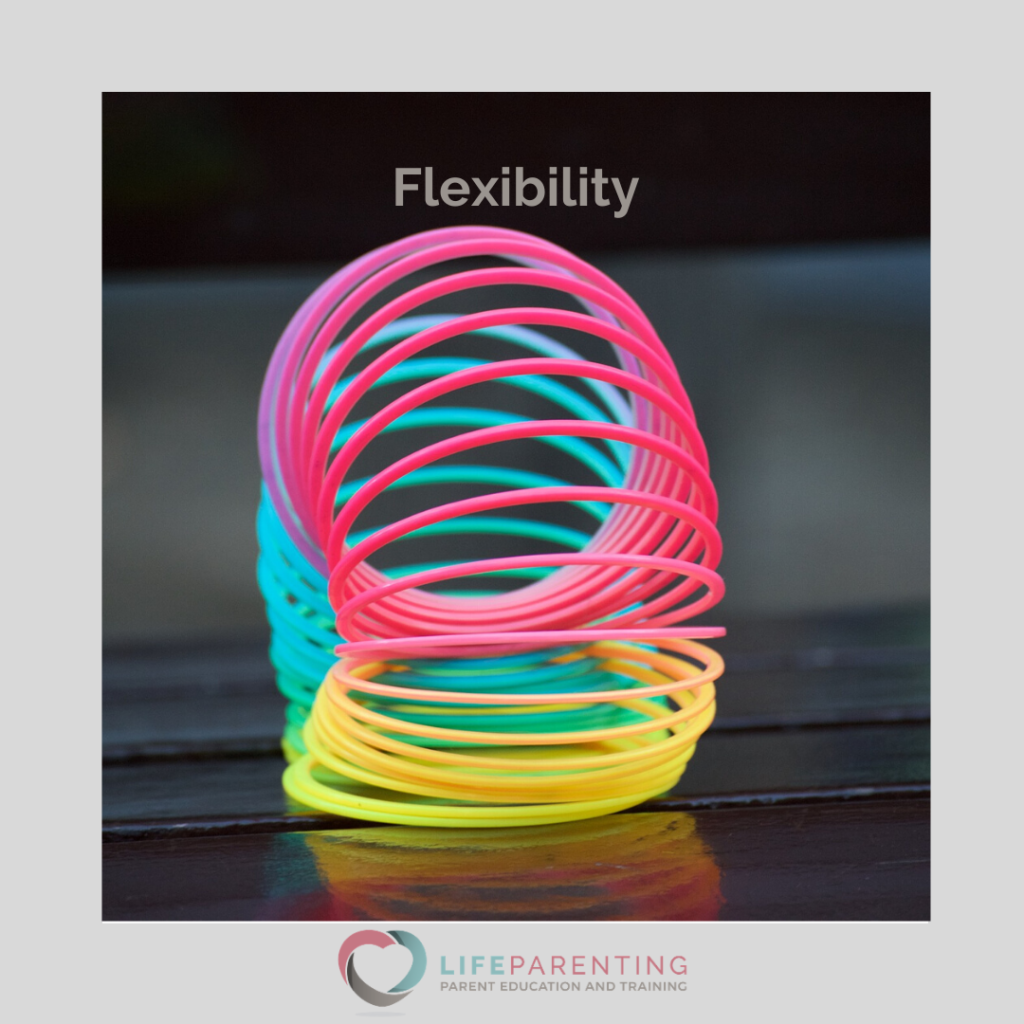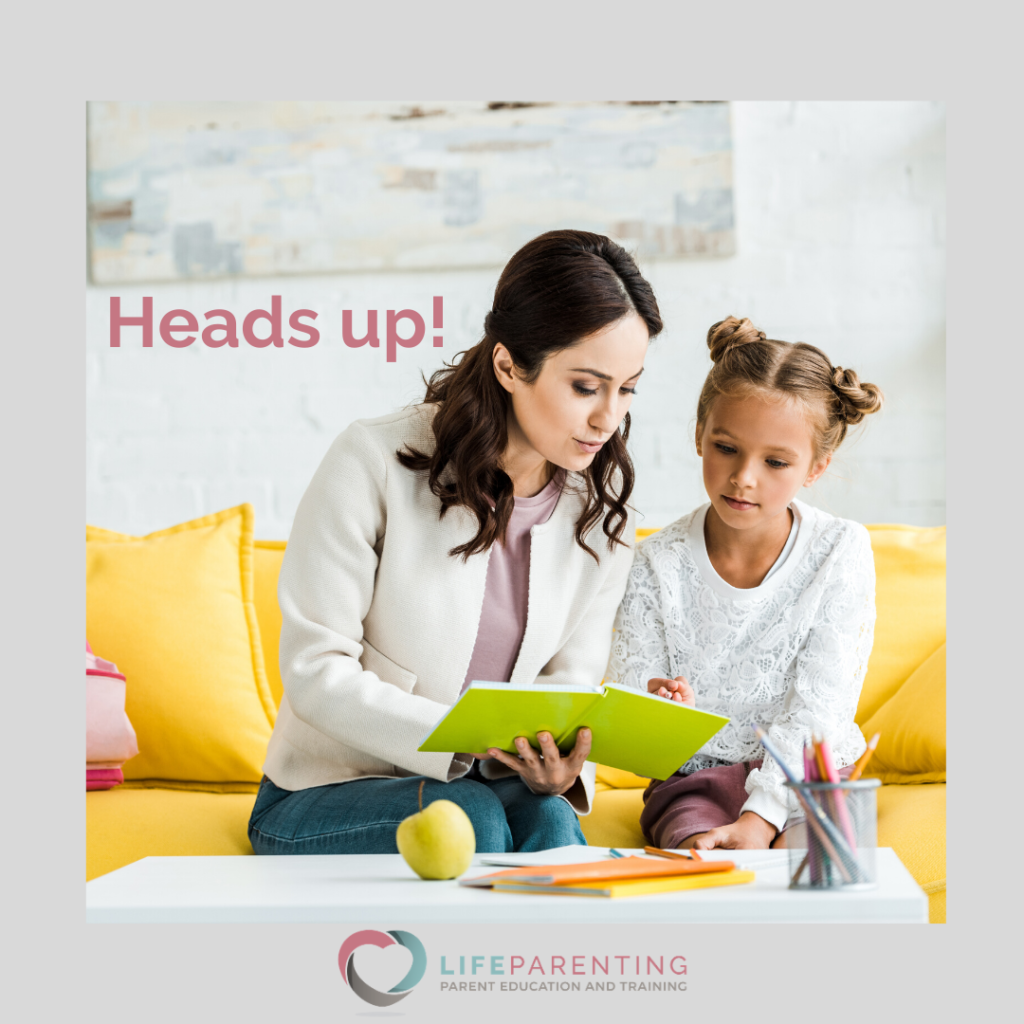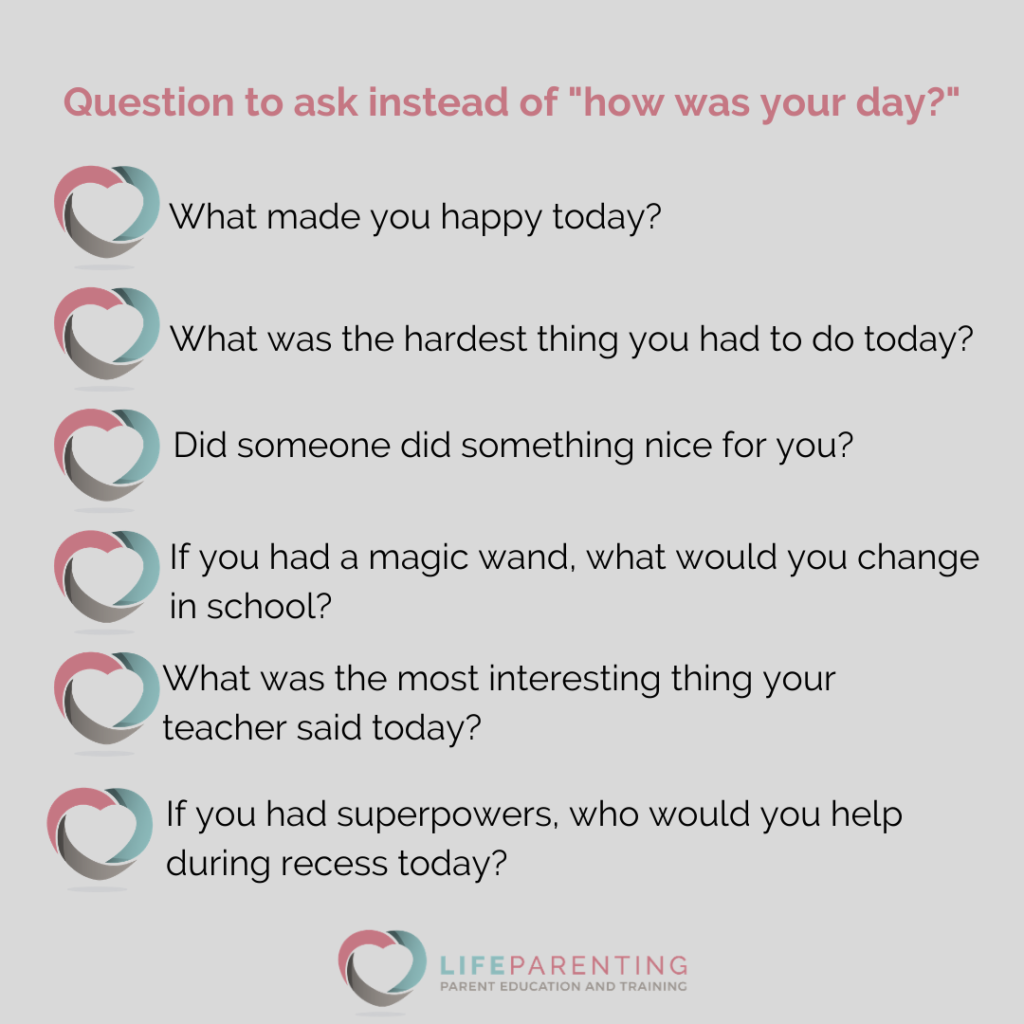How to effectively communicate with my child - The complete communication kit
Good communication is the key to every successful relationship. As Anthony Robbins said, “The quality of your communication is the quality of your life.” When it comes to our relationship with our children, we need to make sure we use the complete communication kit. Using these tools will improve our relationships with them and teach them healthy communication skills to serve them in life, with their friends, colleagues, bosses, and life partners.
Listening -
“The biggest communication problem is that we don’t listen to understand. We listen to reply”(Stephen Covey). Listening is the first tool in our communication kit. When we really listen to our children, it makes them feel that we are interested in them, that they are important to us. When we listen, we show unconditional love and acceptance; it builds mutual trust and increases the chance that our children will share with us even less pleasant experiences that happen to them. Here are a few Important principles for listening:
- Concentrate on listening, do not do other things at the same time.
- Active listening requires a mental state of readiness.
- Listen and do not jump with tips and advice, and do not make the conversation be about you.
- Discover genuine interest and curiosity in what is being said.
Sharing -
No, I’m not talking about sharing toys. I’m talking about sharing secrets, thoughts, dreams, challenges! To share is to make someone a partner; it gives a sense of togetherness. When I share something personal with my child, I signal him that I trust him. Children will not share anything with us if we don’t share with them, so start sharing about your day, about a challenge you had at work, about a funny dream you dreamt last night. That way, they will learn the language of sharing and begin to use it themselves. We can talk with our children about everything but make sure it’s age-appropriate.
Brainstorming -
Imagine how our children will feel when we’ll ask for their advice, for their opinion on a specific dilemma we have. It is so empowering! “My know-all, super-smart experienced dad/mom is asking for MY advice?!” Not only will they feel significant, but they will also learn to come and consult with us. We should ask for our young children’s advice on issues in which we can take their advice because young children do not know how to separate "me" from "my advice."
With older children, sometimes we will take their advice and sometimes we won’t. In this case, it is important to explain why we chose not to take their advice. When we consult with our children, the message is empowering: I believe you can help me, and I trust you!
Ask for help -
Following the sharing and consultation. Someone who allows himself to consult and ask for help is strong, self-assured, and has a sense of self-worth. Such a parent is a model for his children. It is important to remember that when we ask for help from our child, from a place of equality and not from the authoritative position, he has the right to refuse. The trick is not to give up the child who says no or makes a face. The trick is that even if he makes a face but still helps, thank him - "Thank you for helping though you did not want to" or if he doesn’t help: "I'm sure tomorrow you will help." When we ask our children for help, we again send them a message that we are not "all capable," and sometimes we need help, and this teaches them to turn to us for help as well.
For questions, consultation, and other tools - contact me, and I will be happy to talk or schedule a free 15min consultation call










